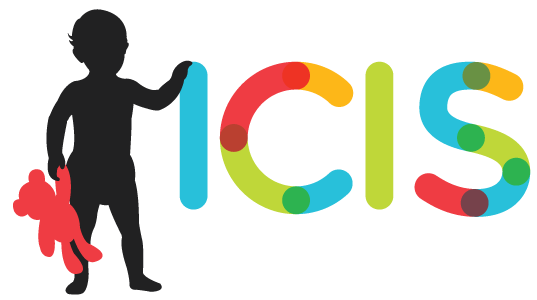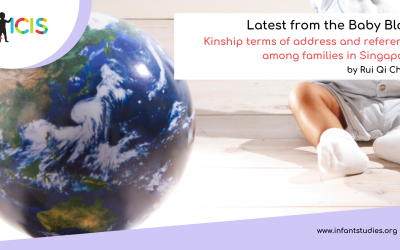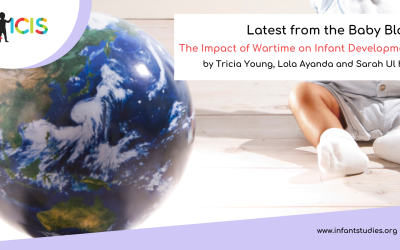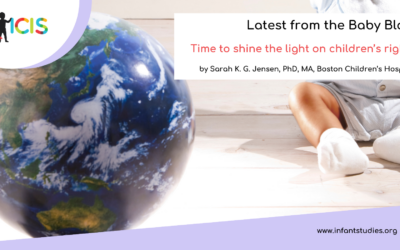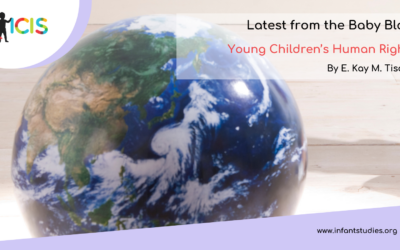This post is based on a poster with the same title that I and Suzy J. Styles presented at #ICIS2024, but given a different spin for the Infancy Baby Blog. Recently, I was describing my research on kinship terms to a friend, and how in Chinese culture, we never ever...
Infancy Research Around the World
The Impact of Wartime on Infant Development
Introduction In 2017, 535 million children (one quarter) of the world’s children lived in countries affected by armed conflict, violence, disaster and/or chronic crisis.[1] In 2018, over 29 million babies were born in conflict-affected areas, starting their lives in...
Time to shine the light on children’s rights
As a child development researcher, I appreciate the profound impact of childhood experiences on children’s neurodevelopmental, cognitive, social, and emotional trajectories. I, like many of my colleagues, chose this career out of a deeply rooted drive to generate...
Young Children’s Human Rights
All children have human rights. Article 1 of the United Nations Convention on the Rights of the Child (CRC) establishes that, for the purposes of the Convention, “a child means every human being below the age of eighteen years”. The UN Committee on the Rights of the...
Voices from the Field: Community-Based Solutions for Young Children in Guatemala
Background Guatemala, a Central American nation of 18 million inhabitants, boasts rich cultural, ethnic, and geographical diversity along with abundant natural and human resources. An estimated 40.19% of the total population is under the age of 18 (6.57 million...
Going the Extra Mile (or 1000 Miles) to Represent Infants
Lessons learned from implementing neurodevelopmental research in The Gambia, West Africa by Sam McCann Convenience sampling has been ingrained in developmental psychology since its inception. In fact, the very first researchers in this field used the...
